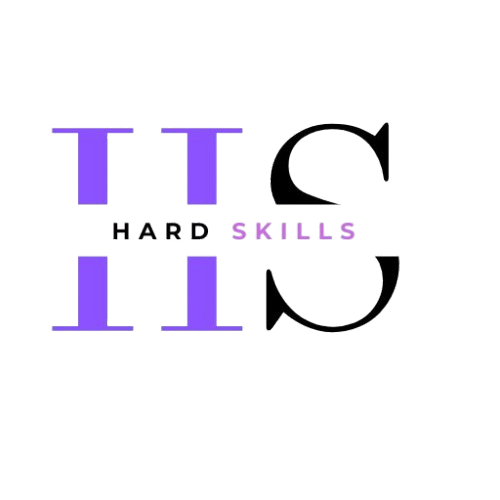Renaissance Technologies, Marshall Wace Lead Quant Hedge Fund Peers
- 2024 was a good year for many of the industry’s biggest quant names.
- Players like Renaissance Technologies and Marshall Wace returned more than 20%.
- Cliff Asness’s AQR also had a big year, with its multistrategy Apex fund returning more than 15%.
Much like their peers in the multistrategy world, quant hedge funds had a strong 2024.
Algorithm-driven trading firms mostly delivered double-digit returns across different quant strategy types, including “quantamental” funds that blend systematic and human-run qualities into one and trend-following offerings. However, most of these funds failed to match the S&P 500’s 23% gain.
In 2024, the biggest and oldest names in computer-run hedge funds led the way, such as Renaissance Technologies, the firm founded by the late billionaire Jim Simons.
The firm’s two main funds available to investors — Renaissance Institutional Equities Fund and Renaissance Institutional Diversified Alpha — were up 22.7% and 15.6%, a person close to the manager told Business Insider. Of course, the manager’s legendary Medallion fund, which now runs around $12 billion of internal capital, performed even better with a 30% return, Simons’ biographer and Wall Street Journal reporter Gregory Zuckerman said in a Linkedin post.
Two Sigma, which turned the reins over last year to a new set of co-CEOs, returned 10.9% in its flagship Spectrum fund. The $60 billion manager also made 14.3% in its Absolute Return Enhanced strategy, a person close to the New York-based quant giant said.
In the UK, longtime strategies for $70.9 billion Marshall Wace and $13.1 billion Winton Group had good years. Marshall Wace’s TOPS fund, an alpha-capture pioneer that systematically evaluates ideas and research from humans to create its portfolio, made 22.7%, according to a person close to the London-based firm. The all-quant multistrategy Winton Fund was up 10.3% last year, a person familiar with the firm told BI.
French quant firm Capital Fund Management, which is expanding its US presence, made 14.2% in its Stratus fund, which manages roughly $11.8 billion. The firm overall runs $16.7 billion across its half-dozen strategies, all of which were up double-digits in 2024, a person close to the firm said.
Cliff Asness’s AQR meanwhile made 17.9% in its $2.5 billion trend-following Helix fund, a firm spokesperson told BI. The manager’s $2.3 billion multistrategy fund, Apex, returned 15.1% on the year.
Graham Management was also up, returning 11.9% in its quantamental fund known as Proprietary Matrix while its trend-following option returned 6.7%, according to a person close to the Connecticut-based manager with $20 billion in assets.
But these managers have no time to rest. Artificial intelligence advancements have firms racing to build out systems and teams to better their processes. A new fund from OpenAI alum Leopold Aschenbrenner has the backing of Stripe’s founders and former GitHub CEO Nat Friedman and is “focused on” a type of AI that would match human intelligence.
“The industry is experiencing an information arms race with respect to how much information can be gathered and how quickly it can be processed,” a new release from Don Steinbrugge, an industry consultant who runs Agecroft Partners, reads.
“Information advantages are often short-lived, and many managers will continue investing in a host of new technologies.”
This is a developing story. More firms’ performance figures will be added as they are learned.


0 Comment